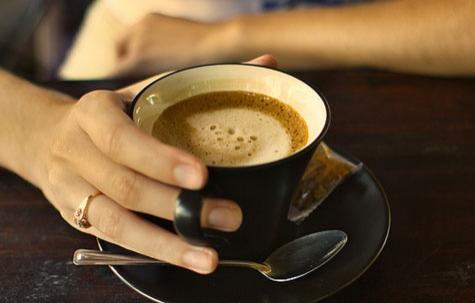The study of 400,000 people is the largest ever on the issue, and the results should re-assure any coffee lovers who think it's a guilty pleasure that may do harm.
"Our study suggests that's really not the case," said lead researcher Neal Freedman of the National Cancer Institute.
"There may actually be a modest benefit of coffee drinking."
No one knows why. Coffee contains a thousand things that can affect health, from helpful antioxidants to tiny amounts of substances linked to cancer.
The most widely studied ingredient - caffeine - didn't play a role in the new study's results.
Even in the new study, it first seemed that coffee drinkers were more likely to die at any given time.
But they also tended to smoke, drink more alcohol, eat more red meat and exercise less than non-coffee-drinkers.
Once researchers took those things into account, a clear pattern emerged: each cup of coffee per day nudged up the chances of living longer.
The study was done by the National Institutes of Health and AARP, an organisation that advocates for people 50 years and older.
The results are published in Thursday's New England Journal of Medicine.
The study doesn't prove coffee makes people live longer, only that the two seem related.
Beginning in 1995, it involved AARP members aged 50 to 71.
People who already had heart disease, a stroke or cancer weren't included. Neither were those at diet extremes - too many or too few calories per day.
Of the 402,260 participants, about 42,000 drank no coffee. About 15,000 drank six cups or more a day. Most people had two or three.
By 2008, about 52,000 of them had died. Compared with those who drank no coffee, men who had two or three cups a day were 10 per cent less likely to die at any age. For women, it was 13 per cent.
Even a single cup a day seemed to lower risk a little: 6 per cent in men and 5 per cent in women. The strongest effect was in women who had four or five cups a day - a 16 per cent lower risk of death.







__small.jpg)









__small.png)










